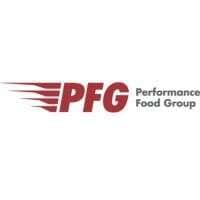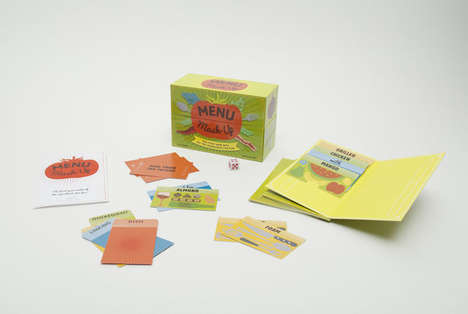Economically Sustainable Futures
Steve Sands, VP of Protein, Performance Food Group
 Steve Sands has a diverse and extensive background in the meat industry. He is the Vice President of Protein at PFGC, and his responsibilities include sales and procurement, alongside a host of other things. Performance Food Group Company (PFGC) was founded in 1875. Headquartered in Goochland County, Virginia (just outside of Richmond), the company distributes a range of food products.
Steve Sands has a diverse and extensive background in the meat industry. He is the Vice President of Protein at PFGC, and his responsibilities include sales and procurement, alongside a host of other things. Performance Food Group Company (PFGC) was founded in 1875. Headquartered in Goochland County, Virginia (just outside of Richmond), the company distributes a range of food products.Three questions with Steve Sands:
How does your team generate new ideas?
We tend to react to our customers. We operate across a wide geography and a large customer base from independents to chain accounts. We get feedback from our customer base which is very helpful. In that sense, we think we're best positioned to close the info group between several different groups.
Do you have specific rituals for re-setting your team to be creative?
We'll do retreats, quarterly planning meetings, offsite meetings for creativity, and so forth. We like to think of our meetings as listening exercises. A lot of the time, the customer doesn't know how to describe the product they want. We listen and analyze to understand if a product is sustainable. Sustainability starts with economics, and comes to solve other things like green initiatives.
What is the biggest challenge you face when innovating?
Creating models that are economically sustainable over time. It's easy to create amazing ideas with shelf life but it's hard to get a return on the investment. We look at the longevity of the program -- is this a fad, is this a trend that's more deeply rooted, etc.
References: pfgc


